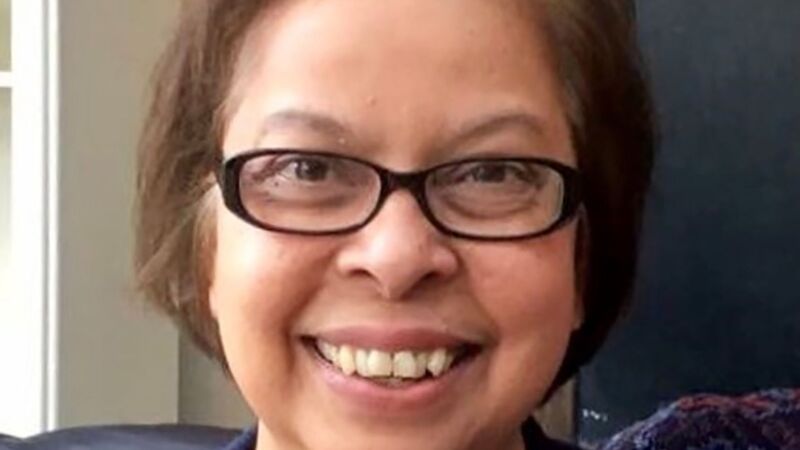You are viewing your 1 free article this month. Login to read more articles.
Allies, step it up
I am struggling to condense everything that troubles me about recent events in our industry...
I am struggling to condense everything that troubles me about recent events in our industry; things I have read from writers and columnists but, most of all, the silence from white writers and industry professionals that has ensued in the face of deeply troubling language and high-level trolling. Yet, it is not new and presents a difficult truth: if we say nothing, parse nothing, stand up against nothing, but are acquiescent, then we are also doing harm. This is a cognitive leap for people to make: I did nothing and therefore I cannot have been complicit in a terrible thing. No. Acquiescence is complicity; complicity is also in performative gestures: social media hashtags which are not followed by address; enthusiastic words which hide a dearth of substantive action. Gestures may help us appear to do something but are, in fact, inert (and thus complicit in structural racism). Moreover, even if we mean no harm, we must always consider the outcome far above the intent.
I think it might help fully to understand that lack of action, whether it is cached behind retweets or hashtag, is a choice; it is predicated on privilege.
I think it might help fully to understand that lack of action, whether it is cached behind retweets or hashtag, is a choice; it is predicated on privilege. For the person on the other end of racism, there is harm. It is a threat, danger. Psychological; physical. Obviously, many people face prejudice for many varied reasons, but our hearts are expansive enough and our intellects and morals diligent enough to be clear that fighting racism in the publishing industry does not erase our activism in other areas or our upholding of others’ rights.
So first, there is no need, fellow white writers and white people in publishing, to be defensive; we do not lose, but share: gain. We ought to work on an attitude here and, while it might be painful sometimes to explore our bias, prejudice or even our protectionism, again others do not have that choice. So, let’s step it up and spend time reflecting. It might be uncomfortable, but it will not fell us. Consider our words. Might it be a better idea, for example, to explore whiteness? Could that be better than writing the other, in the words of Daniel José Older’s superb essay, "Fundamentals of Writing the Other (and the Self)". If we need to include a character of colour, we can ask for advice but also remember that there are plenty of writers and academics and journalists whose timelines are already full of clear surveys of problems and advice on what to do. Long before thinking of sensitivity readers, we should be using our research periods to consider our responsibilities, such as not being flagrant with another person’s identity - such as their ethnicity and race - and not putting someone in harm’s way. There is plenty of hardcore racism out there: it is important for us to understand that we may be upholding it –even in the prettiest language – if we aren’t consciously vigilant and self-questioning.
If we observe language or behaviour that we believe to be racist, why wouldn’t we challenge it? Yes, it’s natural to feel frightened of challenging the status quo - but if we come back to knowing that harm and threat are otherwise upheld, perhaps we will feel braver. It may be that people will choose not to publish me because I am writing this, that they might feel I am a troublemaker. So be it. We cannot change something without activism of an active and visible kind. One idea might be to speak with other authors at our publishing stables and say something together? I think that, among its excellent range of printed material, The Society of Authors should consider offering a (free) guide to action on being an effective ally, in the sense of everyone walking together. We need that. We might also look at how few authors of colour are on our publisher’s or agent’s books and query why? It’s a reasonable question. Challenge it. I am also aware that white writers may find their mental health too precarious to mount a challenge - feeling, in a tough industry, not psychologically resourced enough to cope. In this case, we might think of reading and promoting authors of colour who are significantly under-represented in this industry. Let’s keep doing it, make it part of our job and ask authors of colour what we can do, too (as I did for this piece). We do this together.
The anxieties and insecurities of allyship are a luxury in the context of a lifetime of battling for authors of colour. White writers - all of us - need to step it up and pass it on; the whole publishing industry needs to do the same, and as a matter of urgency.
Anna Vaught is a novelist, short story writer, editor, mentor, English teacher and mental health campaigner. Her third and fourth books, Saving Lucia (Bluemoose) and Famished (Influx), were published in 2020.









